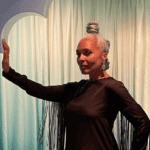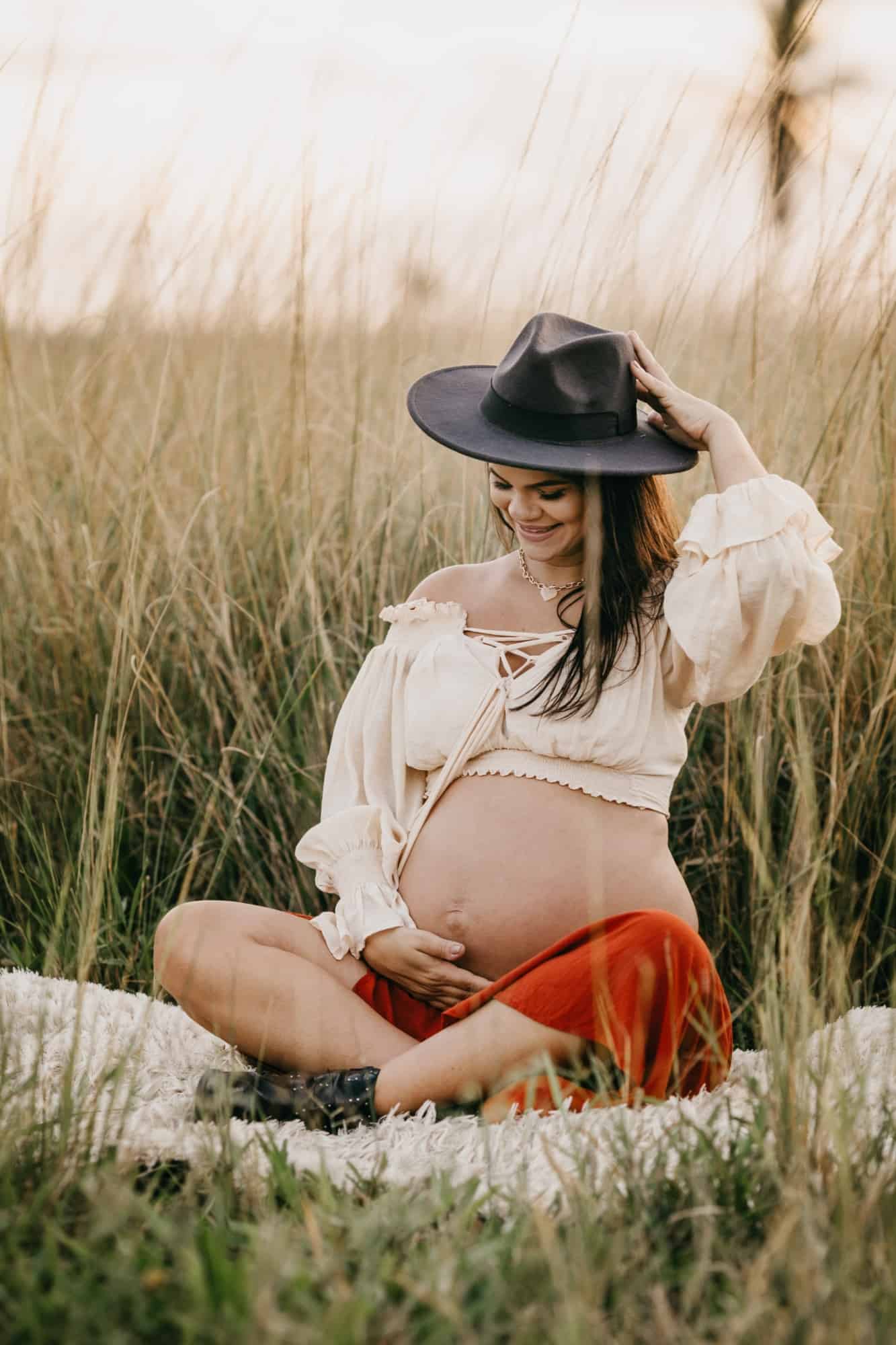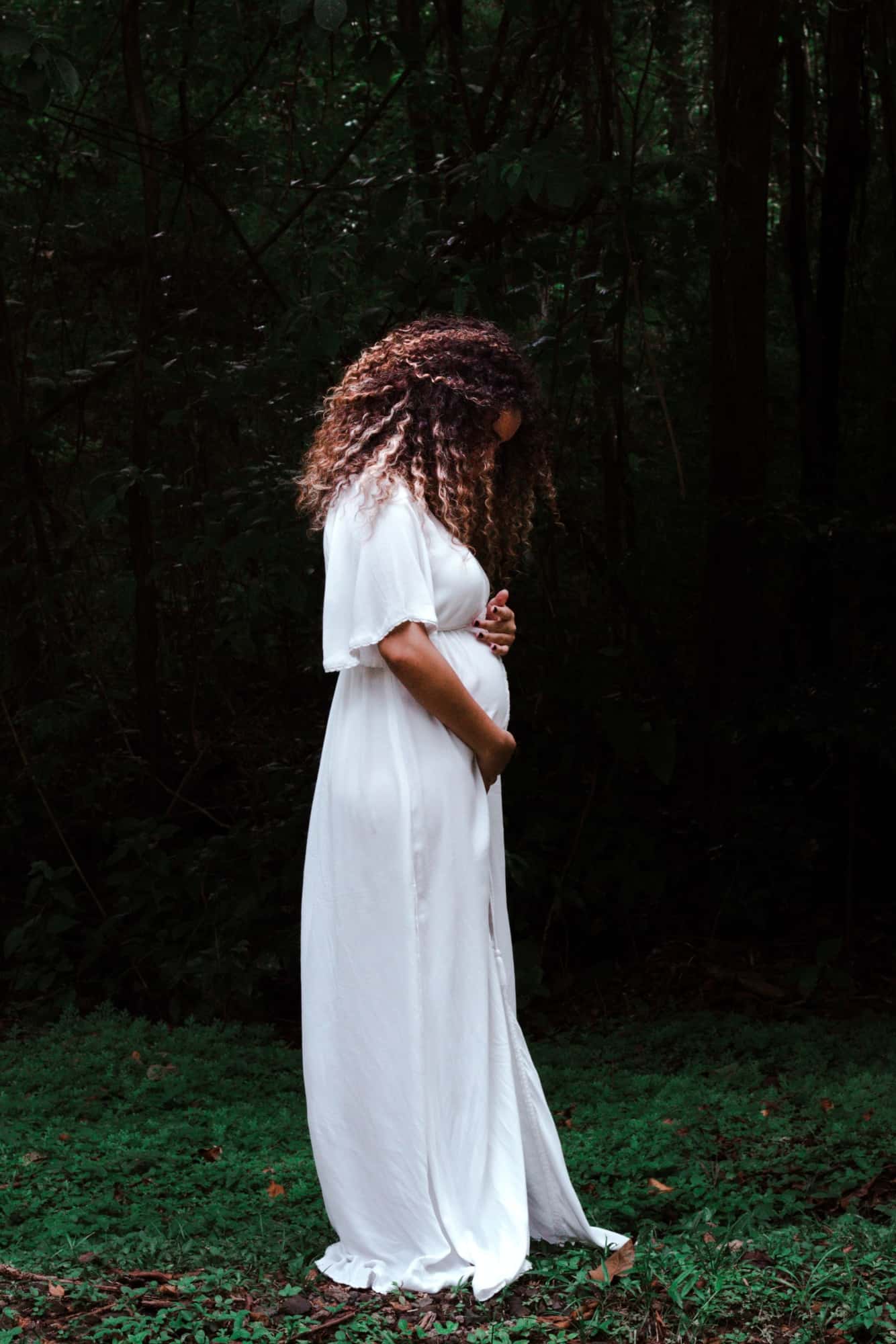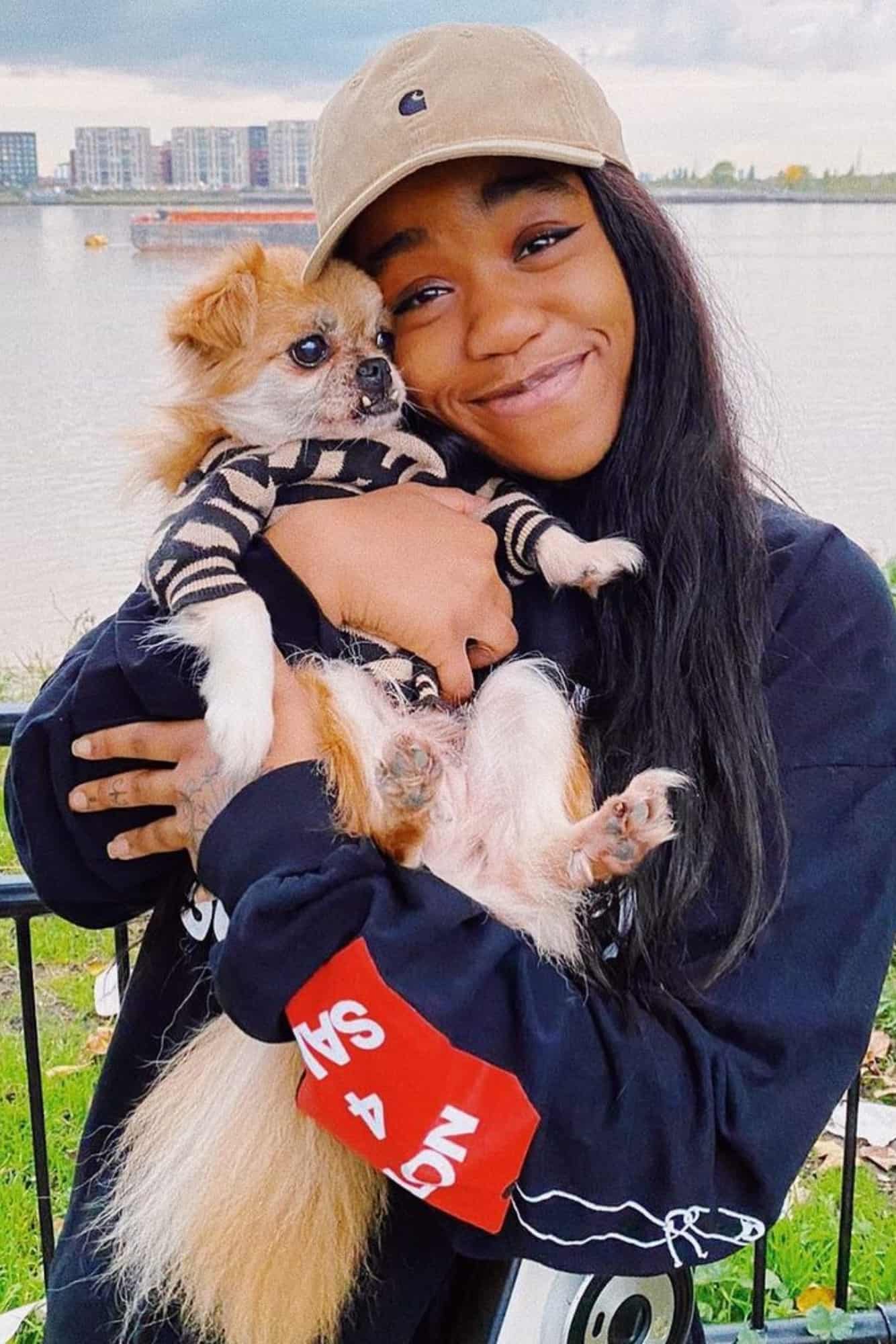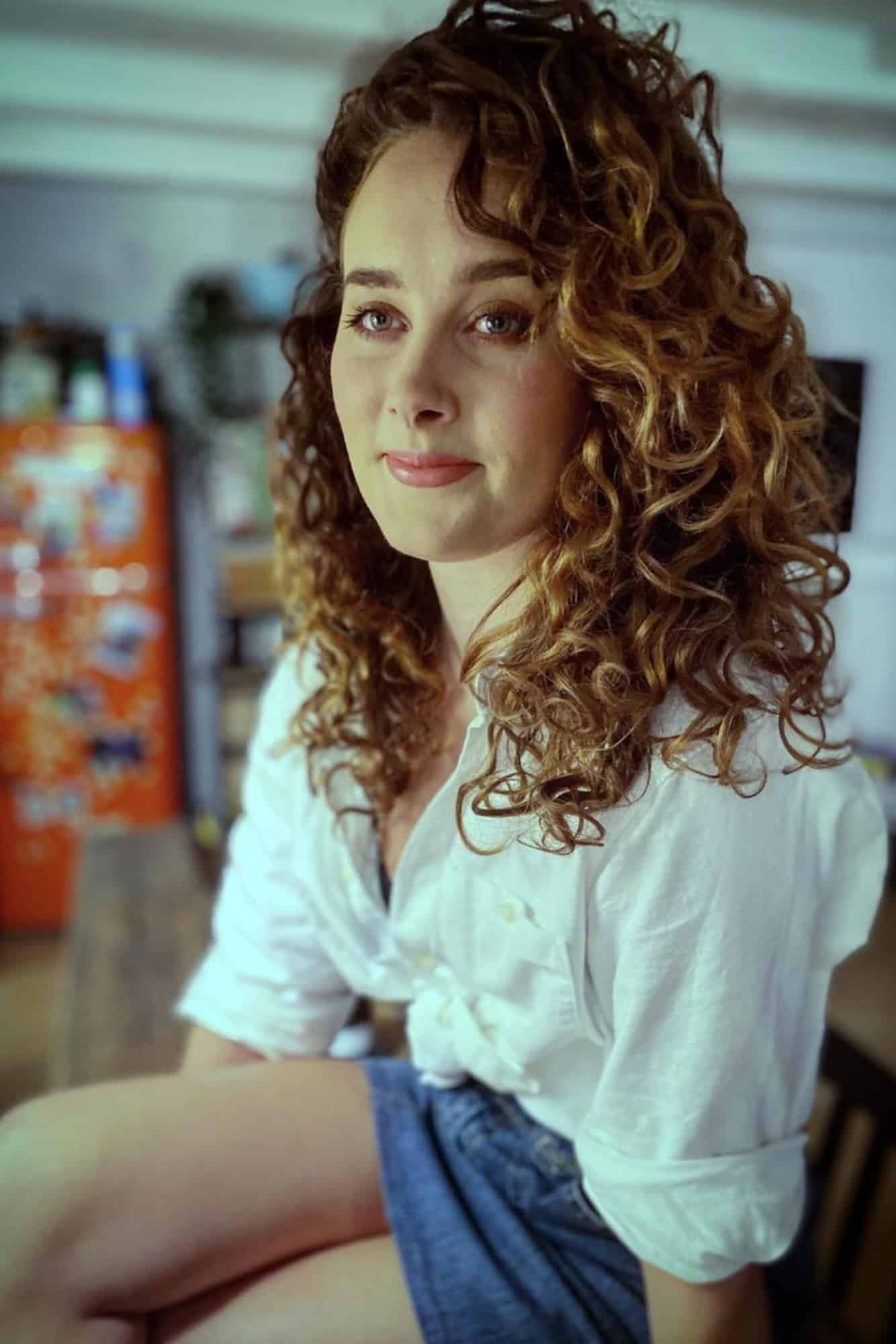Growing up, Katie Price was always a controversial figure – always on the cover of tabloid magazines for one outrageous claim or another, often to do with her tumultuous love life. However, despite a desperate need to be in the limelight and antics that can divide the nation, there is one thing that cannot be denied about the former glamour model: her loving and touching relationship with her eldest child, Harvey. In her latest documentary – Katie Price: Harvey and Me – she allowed viewers exclusive window into that sacred bond as he turned 18, an important age in anyone’s life, but especially for someone with such complex needs and disabilities as Harvey, as it also signifies a change in social care. The documentary focused on Price’s search for an adequate college for her son where he would feel safe, have fun, gain new skills and still have his needs met. She sheds light on the many difficult challenges and decisions that any parent of a disabled child – famous or not – has to endure, and the clear connection she has with her son proves this is not a show put on for the cameras, it is her life.
Over the years Price has appeared on programmes such as This Morning and Loose Women – sometimes with Harvey – to discuss how she manages his complex needs and her decision to put him into residential care when she felt she wasn’t able to adequately meet them. She also shares sweet videos of her son indulging in his love of drawing, trains and frogs on both her Instagram account and his (which she runs). And she’s not the only one using social media as a platform to shed light on the needs of a disabled child. Other influencers such as Joel Conder, Kaytee Jones, Elizabeth Pawle, and Ciara Attwell have all used their accounts to champion their child’s cause, and document the difficulties they face. Similar to Price, Jones is a fellow single mother to her son Jaxon who was born with multiple life-limiting conditions and her page began as a way to speak out against the discrimination she faces and the challenges she has endured trying to get adequate funding and care for her son.
You may also like
It might seem as though these influencers are taking advantage of their children for views and followers, but by sharing these details and talking about their needs and disabilities, they are able to raise awareness for their children’s conditions as well as highlight the effect it has on the rest of the family. It also proves how important social care and schools are in ensuring the best quality of life for both the child and parents. Often funding can be difficult to secure, requires never-ending paperwork and continual chasing up. In Price’s documentary, she talks about how the council can refuse care funding for a variety of reasons, and that there are thousands of adults who are simply committed to a hospital and kept in isolation due to lack of care and understanding of their conditions.
The COVID-19 pandemic has kept the country in lockdown for nearly 10 months now, and the effect this has had on social care has been catastrophic. Despite efforts to keep schools open and ensure carers can travel to homes in need, this has not always been possible, and resources are instead funnelled elsewhere. Yet cutting off or even limiting the help given can have devastating consequences. This month Olga Freeman appeared at The Old Bailey for killing her disabled 10-year old son after reportedly suffering a breakdown when funding for her child was withdrawn during lockdown. That’s why now, more than ever, it’s important to listen to these families and parents, and utilise social media to help give a voice to those who are often left unheard.
By Lucinda Diamond, food and travel editor for CORQ.





